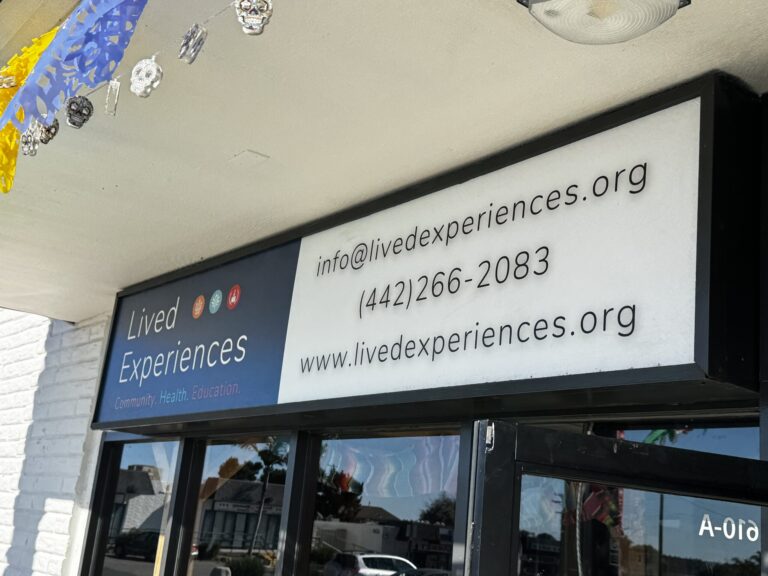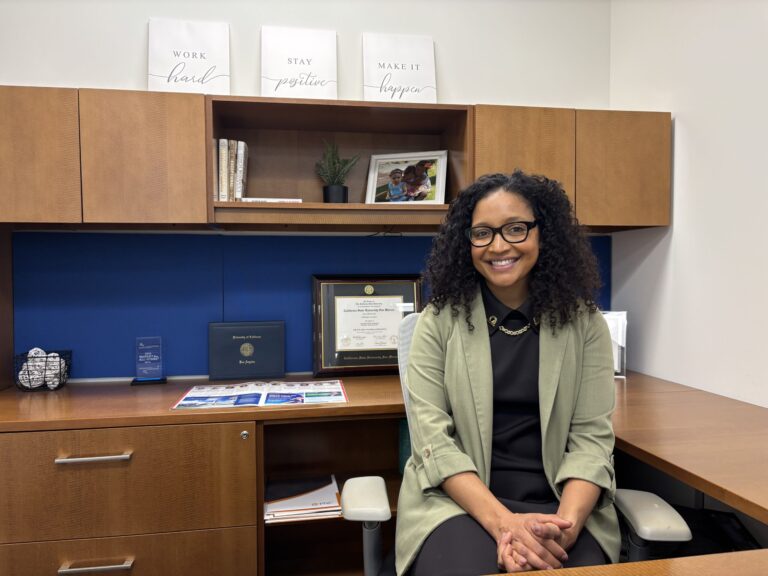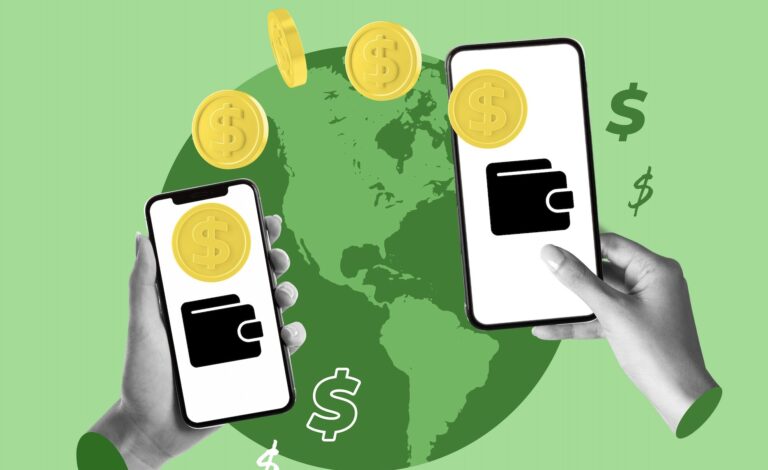Budgeting: Have Money When You Need It
By North County Informador
Learning about budgeting and other financial topics gives you what is called financial literacy and helps you manage your money. North County Informador will be presenting short articles on financial literacy, beginning with this one on budgeting.
Banks and credit unions offer savings where you can safeguard your money and increase the amount you have through earned interest. They also provide checking accounts, which allow you to pay for goods and services with a check or debit card so that you don’t need to carry cash with you.
Creating a budget
If you want to make the most of your money, creating a budget is essential. It will help you manage your cash flow—how much you earn and how much you spend, as well as what you’re spending on. It is also the best way to figure out where you can cut back and how much you can save for the future. Having savings is the first steppingstone toward financial security.
It may seem that our current wants and needs are the most important, but we shouldn’t forget that following a budget and controlling our spending can help us live better in the future. How?
Creating a budget is the first step in what is called financial planning or creating a financial plan.
To create a budget, you should first track your earning and expenses for the last two months. If you have a bank or credit union account, you can read your bank statements on your phone app, print them, or ask your bank to print them for you.
Organize and categorize your spending, including receipts, bills, and savings and credit card statements. Some banks have free apps and budgeting tools you can use. There are also free budgeting worksheets online. Be aware that most budgeting apps will also offer premium features that you have to pay for.
Next, organize your spending into fixed and variable expenses. Fixed expenses are those that don’t change every month and that you have to pay, including rent or mortgage, utilities, and medical insurance. Variable expenses change every month, such as what you spend on food, clothes, household items, and entertainment.
There is not much you can do with your fixed expenses, so look at your variable expenses. What do you have to pay, and what expenses are “wants”? Examples of items you have to pay for include food, insurance, car and other repairs, and childcare. Examples of wants include streaming services, dining out, entertainment, and home decoration.
Track your spending in all these categories for two months so that you can create a plan for the next few months.
Saving more
After you have analyzed your income and all your different expenses, figure out how you can prioritize. It might be possible to scale back rather than cut something out completely, for example, subscribing to one streaming service rather than three. You can also choose less expensive options, such as switching to a cheaper cell phone plan or shopping at discount grocery stores. Be aware of recurring membership fees. Are you paying for a gym you never use? Also, consider your impulse purchases. Do you often buy things spontaneously, just because you feel like it, even when they are too expensive for you? This type of buying can really harm your budget.
If you have a credit card, do you use it when you don’t have enough money to buy what you want? Using a credit card to pay for unexpected expenses such as car repairs is smart finance. Using it to buy things you like but don’t really need is not smart finance. You can get into debt and have to pay a lot of interest. The next issue of North County Informador will cover credit card debt.
What if you really want something, but it will affect your budget? Here, cost/benefit analysis comes into play. You may have to practice delayed gratification, where you don’t get what you want right now, but later the reward is worth it. Your reward is more in savings for the future.
Once you have separated your needs from your wants, your goal is to increase your savings. You can do so little by little; start by saving 5% of your income every month and work up from there. Work consistently toward your goal by sticking to your budget.
Reviewing your budget every month can help you cover unexpected expenses, like your car breaking down, and use your savings instead of borrowing money. You can also use money saved to back a loan or even a mortgage. This habit can also help you catch any problems on your bank statements.
Budgeting Terms to Know
Budget: A plan you make to manage your money, considering expected income and expenses. You can spend some and save some, depending on your goals.
Cash Flow: What you do with the money you receive, such as spending, saving, or investing it.
Cost/benefit analysis: Weighing the cost of a product or investment against the benefi t you can get from it.
Credit Card: A card that allows you to buy things and pay for them later, usually monthly and with interest.
Credit Union: Like a bank, but owned by its members that provides savings and checking accounts and other services to its membership at low fees.
Debit Card: A card used to pay for goods and services by transferring money electronically from your bank account to the store’s account. It is just like money in that you have to pay the full amount when you use it.
Delayed Gratification: When you give up something you want now so you can have something later.
Earned Interest: Money you earn for having money in the bank or credit union.
Financial plan, financial planning: When you set goals, create a plan to achieve these goals, and put the plan into action. It helps you take care of your money, including spending, credit, saving, and investing, so that you know what you need now and in the future.
Financial literacy: When you understand banks and how they work; fi nancial markets; credit and credit cards; tax laws; and how to spend, earn, or save money today so you can have money tomorrow.
Fixed Expenses: What you have to pay for something every month, week, etc., for example, your rent or your car payment. The amount does not change.
Gross Income: Th e total amount of income from wages before any payroll deductions like taxes.
Impulse purchase: A purchase made on a whim, without using a decision-making process.
Net Income: Also called “take-home pay”; it’s the amount you make aft er payroll deductions, such as taxes.
Personal Identification Number (PIN): Your individual code to use an ATM and access your checking or savings account, or credit card.
Savings Account: An account you have at a financial institution that helps you save money and earn interest at the same time.
Variable Expenses: Expenses whose amount changes every month.
Wants: Items you would like to have but that are not essential for you to live.




